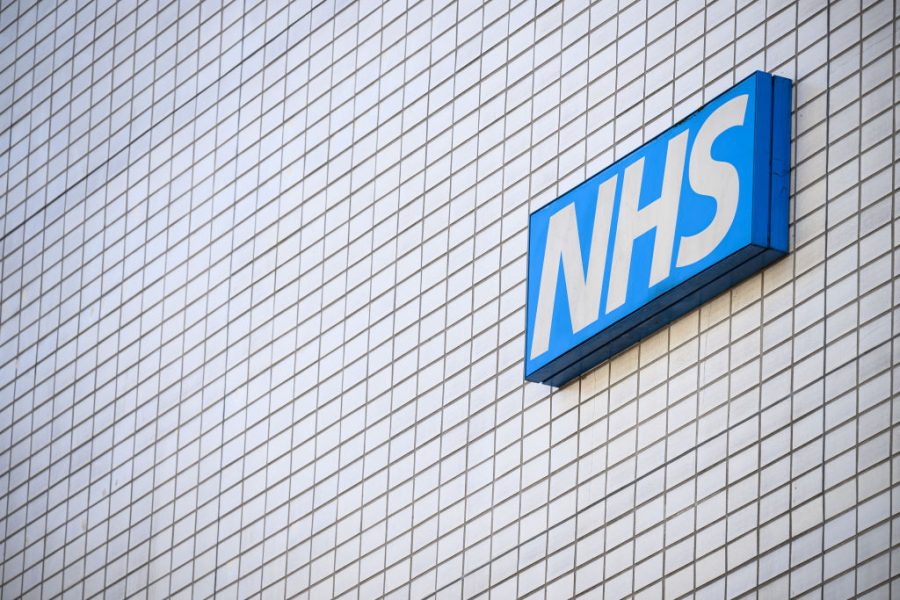It is not often that the NHS gets accused of being too good at negotiating down costs. But that seems to be gist of the case levelled against it regarding the cost of drugs. AstraZeneca has paused the expansion of a research facility in Cambridge and US pharmaceutical firm Merck has cancelled a plan to invest £1 billion in a research centre in London. In both cases the blame has been cast on the tight-fistedness of the NHS in not paying enough for drugs. If you don’t pay, goes the argument, then you won’t get investment in new drugs.
We have to accept that we are never going to get new drugs on the cheap
That is fair enough – up to a point. And yes, wouldn’t it be wonderful if the NHS was prepared to use the same savage negotiating skills it apparently uses when dealing with drugs companies in negotiating pay for its own staff? Instead, we had junior doctors given a 22 per cent pay rise last year without any demand that they agree to improve working practices. Productivity in the NHS has never recovered from Covid 19, and is back where it was in 2010. Thanks to a combination of tight cost control on drugs and somewhat looser cost control elsewhere, the NHS spends a markedly lower proportion of its budget on drugs than any other comparable country: 9 per cent, compared with 13 per cent in France, 14 per cent in Germany, 15 per cent in the US and 20 per cent in Japan.
But there is something preventing me from full-throat support of the pharmaceutical industry: the cost of the drugs involved. One of those cited as an example of the NHS’s meanness is Trodelvy – the brand name for a drug called cacituzumab govitecan, manufactured by US drugs company Gilead. The drug, a treatment for metastatic breast cancer, is available on the NHS for some types of breast cancer but not others. It is much more commonly used in the US and other European countries.
So are NHS patients being denied a miracle, life-saving cure that is saving the lives of numerous women in other developed countries? Not quite. The manufacturer’s trials show that women taking the drug lived for a median of 14.4 months, compared with 11.2 months for women on traditional chemotherapy. The extra three months of life, however, did not come cost-free. The drug is listed as having severe side effects, including anaemia and diarrhoea. As for the cost of the drug itself, that is around £45,000 per treatment.
There are plenty of very expensive drugs like that, which promise gains of a few months in life expectancy but at the cost of serious side effects. We never really have a proper, open debate on when and on whom they should be used. Just how much are we prepared to pay to extend our lives by often small amounts?
The whole issue, inevitably, is clouded by emotion. Ask people in the context of a real-life, dying cancer patient being deprived of a drug which promises to extend their life and people will tend to think it is very mean to deny them that drug. But pose the issue in another way and you will get a different answer. Just try asking yourself: would you be prepared to give up foreign holidays for the rest of your life in order to gain a few, probably painful, extra months right at the end of life? That is the genuine sort of choice we will have to make, given the cost of many novel drugs.
Of course we want pharma companies to run research centres in Britain. Maybe there is more we should be doing to encourage them. And we have to accept that we are never going to get new drugs on the cheap. But to write them a blank cheque and say we will pay whatever they want for their drugs, however marginal their benefits? I am not convinced that the NHS has got the balance wrong in driving a hard bargain with pharma companies and making hard-nosed decisions about the cost-effectiveness of their products. I just wish the NHS could be more financially efficient in other respects, too.








Comments